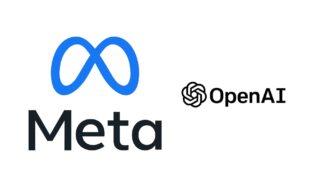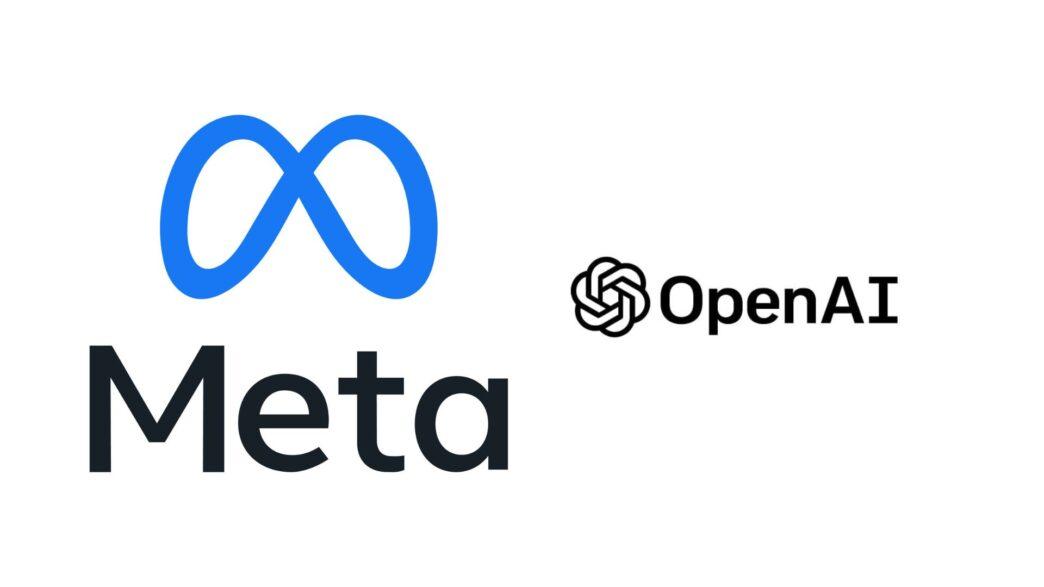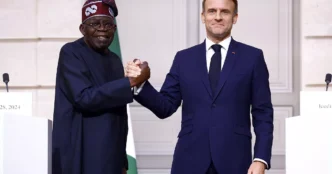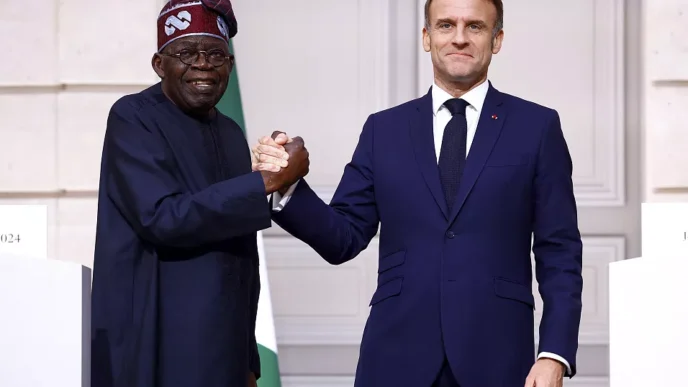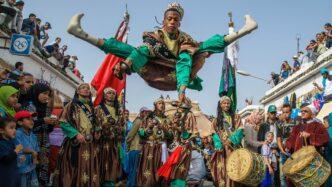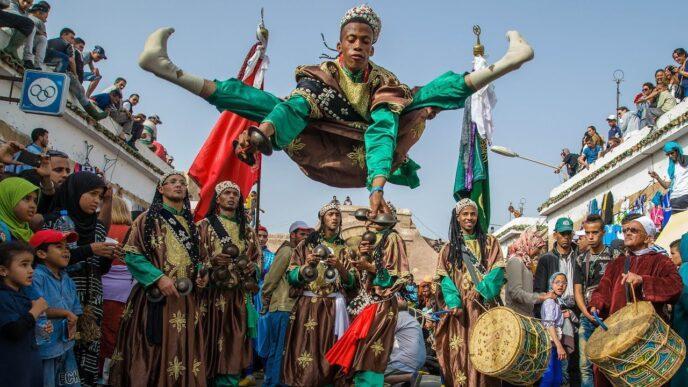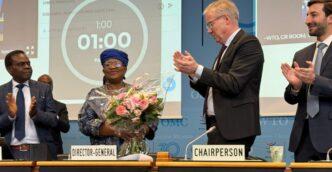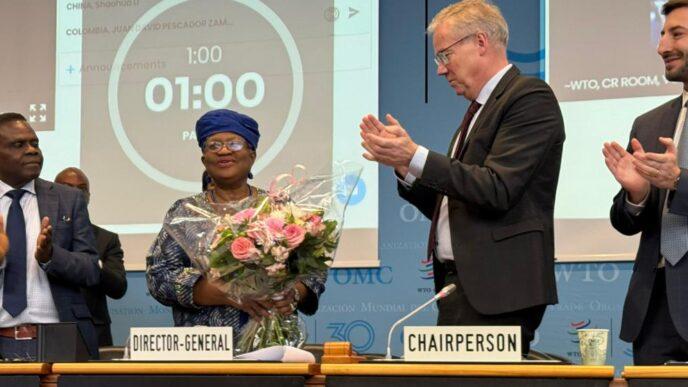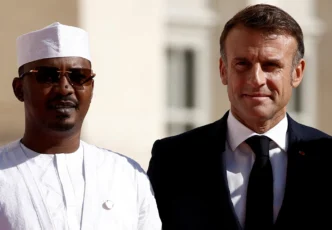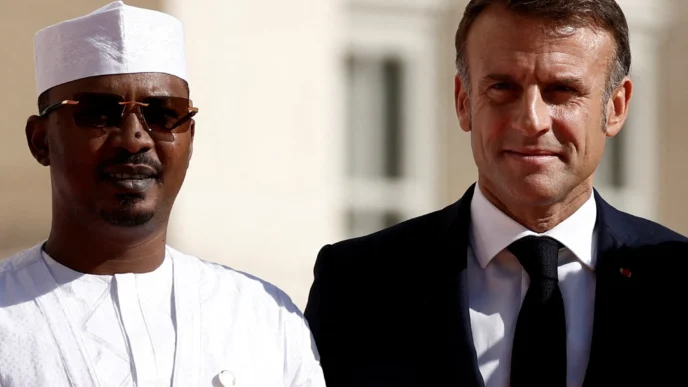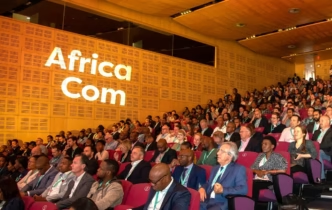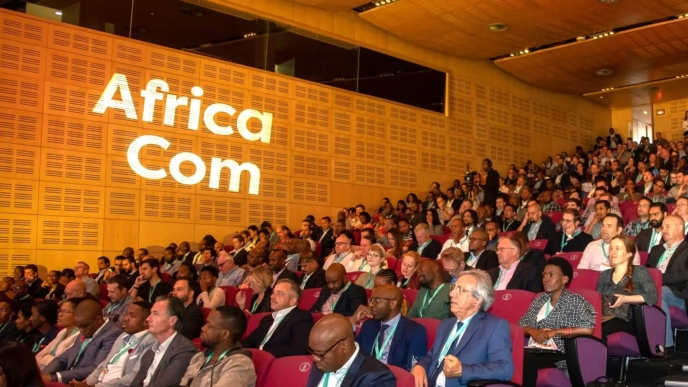Africa, a continent teeming with over 2,000 languages, is making significant strides in artificial intelligence, as African languages in AI technology morph into a reality.
OpenAI and Meta, in tandem with Orange SA, are spearheading a groundbreaking initiative to weave West African languages like Wolof and Pulaar into advanced AI systems.
Thus, this ambitious project has the potential to empower millions across the region, bridging linguistic gaps and fostering inclusivity.
Breaking Barriers with African Language Integration in AI
With the increasing global adoption of AI, the inclusion of African languages in AI technology addresses a long-standing challenge.
Wolof, spoken by over 10 million people across Senegal, Gambia, and Mauritania, alongside Pulaar, a Fula language connecting millions in countries like Guinea and Sierra Leone, plays a crucial role in this transformation.
Meanwhile, French telecommunications giant Orange SA will provide the foundational context bank for AI learning. This vast repository will enable OpenAI’s “Whisper“ and Meta’s “Llama“ software to adapt to the complexities of these languages. Once operational, this integration will not only enhance customer communication in local dialects but also extend into sectors such as public health and education, making technology accessible to underserved communities.
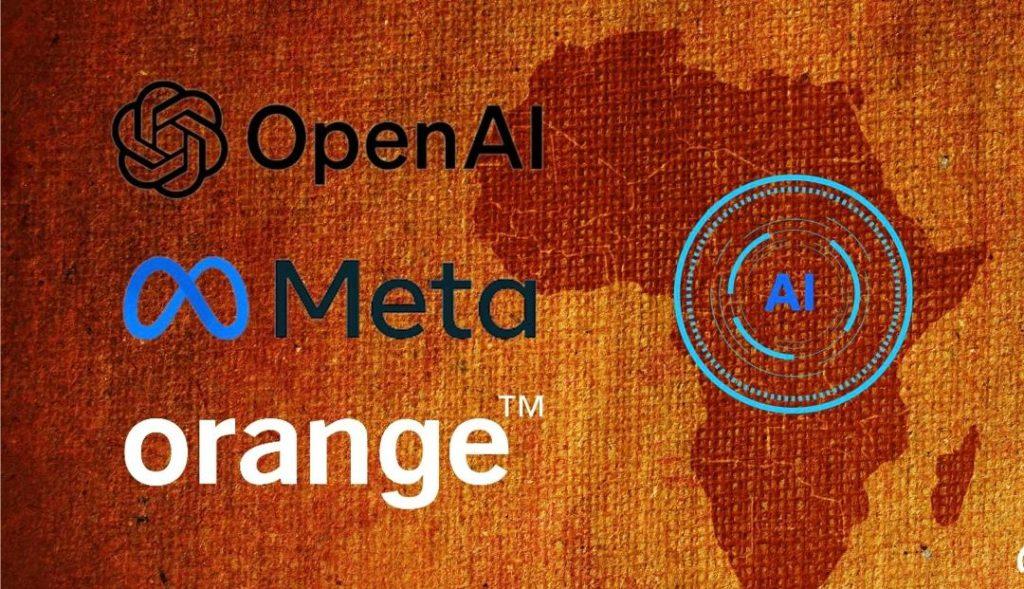
The Significance of Wolof and Pulaar in West Africa
The integration of Wolof and Pulaar into AI systems represents a historic step forward. Wolof, often celebrated for its cultural significance in Senegal, and Pulaar, a unifying language for the Fula and Toucouleur peoples, offer more than linguistic value.
Indeed, these languages embody centuries of tradition and identity, now intersecting with modern AI technology.Tthis initiative, consequently, could potentially break barriers for over 22 million speakers across the region, allowing AI to address their unique needs.
Furthermore, imagine the impact of having customer service, educational tools, and healthcare applications available in native tongues—this goes beyond convenience; it’s truly a revolution in accessibility.
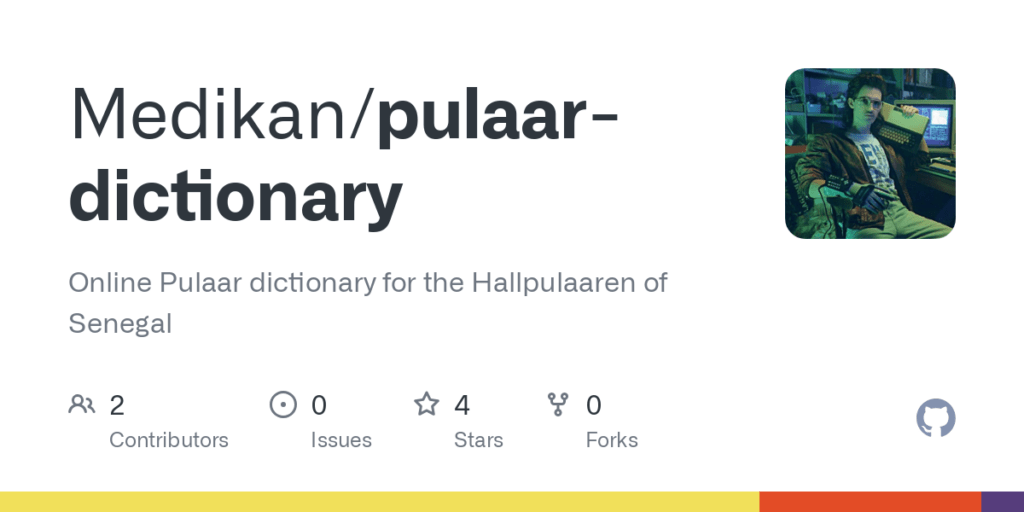
Orange SA’s Role in Revolutionizing AI for Africa
At the center of this project is Orange SA, which is indispensable to the smooth integration of Pulaar AI and Wolof. The telecom behemoth wants to develop AI models that capture the complexity and diversity of Africa by utilizing its vast resources.
In order to create revolutionary applications in public services, Orange SA will also make these AI technologies available for non-commercial use.
Furthermore, Orange’s agreement to access OpenAI’s models in Europe accelerates this initiative, combining global technological prowess with local expertise. Such partnerships underline the vast potential for African language AI innovation to reshape industries and empower communities.
Opportunities and Challenges of AI Language Modeling in Africa
While the project excites many, challenges persist. Languages like Wolof and Pulaar have diverse dialects and intricate grammatical structures, requiring AI systems to navigate complexities with precision. However, OpenAI and Meta’s advancements in machine learning promise a bright future for African languages in AI technology.
This development aligns with a broader trend of tech giants, such as Nvidia and Microsoft, expanding into emerging markets. Africa, long considered an untapped reservoir of talent and opportunity, now stands at the forefront of AI innovation.
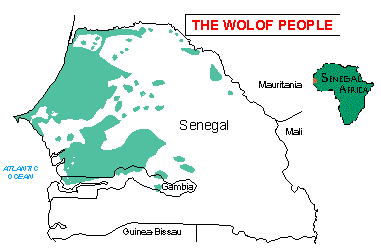
A Bright Future for Tech and African Communities
The integration of African languages in AI technology, spearheaded by OpenAI, Meta, and Orange SA, marks a monumental shift in global tech narratives. This project not only bridges linguistic gaps but also amplifies Africa’s voice in the technological sphere.
As AI continues to evolve, incorporating languages like Wolof and Pulaar ensures that innovation remains inclusive and culturally grounded.
Overall, this initiative symbolizes hope and progress, paving the way for future collaborations that celebrate diversity and harness technology’s transformative power.
What other African languages do you think should be integrated into AI technology to empower even more communities? Share your thoughts below!
Read More:
